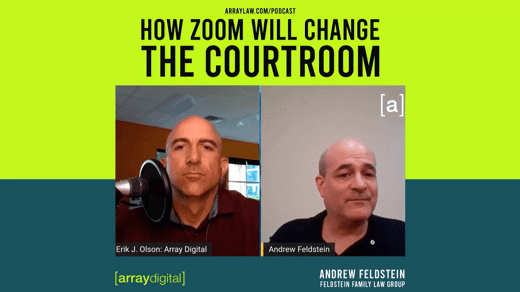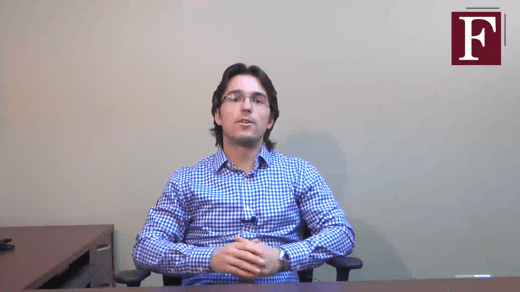In this video blog, I will be discussing the un-bundling of legal services or what may eventually be known as limited legal services. Typically when individuals retain a lawyer they will receive comprehensive services. This means that the lawyer will represent the individual in all aspects of their matter until such time that the matter comes to a completion or the solicitor-client relationship is terminated. With the unbundling of legal services, an individual may hire a lawyer for a part, but not all of, their matter. For example, an individual may hire a lawyer to complete a specific task or provide legal advice regarding a specific portion of their matter without going “on the record” as the person’s solicitor.
In a 1993 decision of the Superior Court of Justice, then known as the Ontario Court of Justice (General Division), it was held that this relationship is an acceptable one. A lawyer would simply be considered to be the barrister or counsel for the individual and any appearances before the Court or any work completed would not attract the obligations or duties of the solicitor of record. The individual who retains a lawyer for limited legal services is still considered to be his/her own solicitor. It is important to note however, that a lawyer retained for limited legal services would still have the same ethical obligations to the client to provide the same quality legal advice to the individual as would be expected if they were to retain a lawyer for their comprehensive services, however, this would be limited based on the scope of the engagement.
This type of limited retainer may very well be the solution to the access to justice dilemma we face in Canada. Unfortunately, many individuals are unable to afford the services of a lawyer and they are faced with the difficult task of representing themselves. Limited retainers provide access to the justice system to those who wouldn’t ordinarily be able to afford it.
Some disagree with this position as they believe that the solution to the access to justice problem is an increase in the funding provided by the government for programs such as Legal Aid. In the current economic climate, I don’t foresee it as being realistic to assume that the government will be able to provide the additional resources required to make legal representation available for all. Therefore, why shouldn’t individuals retain lawyers on a limited retainer basis and have them complete the work which they do not want to or are unable to complete on their own? These alternative lawyer-client relationships will help many individuals who would have otherwise been left to navigate their way through the legal system on their own. These types of lawyer-client relationships have become very common in the United States and are beginning to gain support in Canada.
Although counsel has been able to provide limited legal services since 1993 when the Logan v. Logan case was handed down, the Law Society of Upper Canada has recently put a task force into place to investigate this matter further. This task force has come up with proposed amendments to the rules of professional conduct to ensure that, if adopted, would govern the relationships between clients and the counsel who are not acting as their solicitor of record.
At our firm, we are prepared to speak to our potential clients about this option in order to ensure that everyone is given a fair chance to access the justice system which was created for their use.




